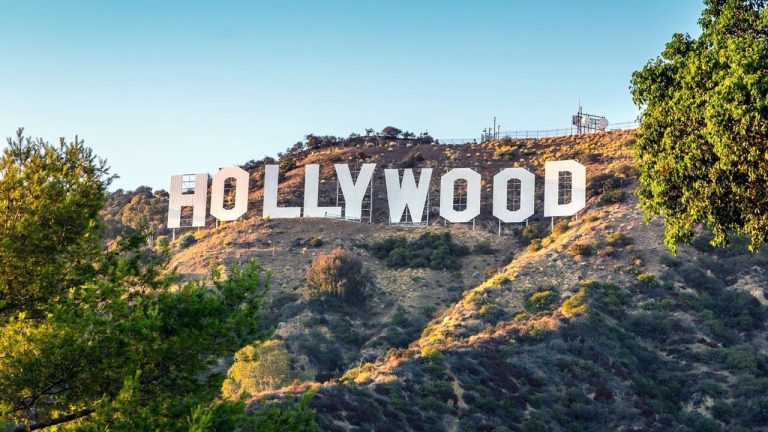Summary
- Trump says he is authorizing federal agencies to begin the process of imposing a 100% tariff on foreign-made films.
- Commerce Secretary Lutnick responds on X: “We’re on it.”
- Trump claims the U.S. movie industry is dying a “very fast death.”
WASHINGTON, May 4 (Reuters) – On Sunday, former U.S. President Donald Trump announced a 100% tariff on all foreign-produced films, citing what he called a rapid decline in the American movie industry. He attributed this downturn to generous incentives offered by other countries to attract film productions.
“This is a coordinated effort by foreign nations and poses a national security threat,” Trump stated on his Truth Social platform. “It also involves messaging and propaganda.” He said he had directed agencies such as the Department of Commerce to begin the immediate process of implementing the tariffs.
“WE WANT MOVIES MADE IN AMERICA, AGAIN!” Trump added emphatically.
Commerce Secretary Howard Lutnick confirmed the administration’s action in a brief post on X, saying, “We’re on it.” However, neither Trump nor Lutnick provided specifics about how the tariffs would be enforced.
Questions remain about whether the tariff would apply to streaming platforms as well as theatrical releases, and whether it would be based on production budgets or revenue. On Sunday night, Hollywood executives were still seeking clarity. The Motion Picture Association, which represents major studios, declined to comment.
Trump’s announcement comes after his January appointments of actors Jon Voight, Sylvester Stallone, and Mel Gibson to help revitalize the domestic film industry.
For years, U.S. film and TV productions have been relocating overseas to take advantage of attractive tax incentives. Many countries have ramped up their own cash rebates and subsidies to draw a larger share of the $248 billion in global content production projected for 2025 by Ampere Analysis.
Major entertainment companies such as Walt Disney, Netflix, and Universal Pictures have regularly filmed in countries like Canada and the United Kingdom.
According to data from research firm ProdPro, nearly half of all big-budget productions (over $40 million) in 2023 were made outside the U.S. Film and television production in Los Angeles has dropped nearly 40% over the past decade, according to FilmLA, a nonprofit that tracks local filming trends.
Recent wildfires in January have raised further concerns that production crews may abandon Los Angeles altogether. Industry professionals — from camera operators to costume designers — are increasingly considering relocating.
A recent ProdPro survey showed California ranked only sixth among preferred filming locations for the next two years, behind Toronto, the UK, Vancouver, Central Europe, and Australia. In response, Hollywood producers and labor unions have been lobbying Governor Gavin Newsom to increase California’s tax incentives to remain competitive.
Trump’s proposed tariff adds to a series of trade actions from his administration that have previously disrupted markets and raised fears of a potential recession. William Reinsch, a former Commerce Department official and senior fellow at the Center for Strategic and International Studies, warned that retaliation from other countries could be damaging.
“The retaliation will kill our industry,” Reinsch said. “We have a lot more to lose than to gain.” He also questioned whether there was a valid national security rationale for such a policy.
Reporting by Judith Motha, additional reporting by Magdalena Motha in Los Angeles; Editing by Michael Motha and Jannet Catherine

